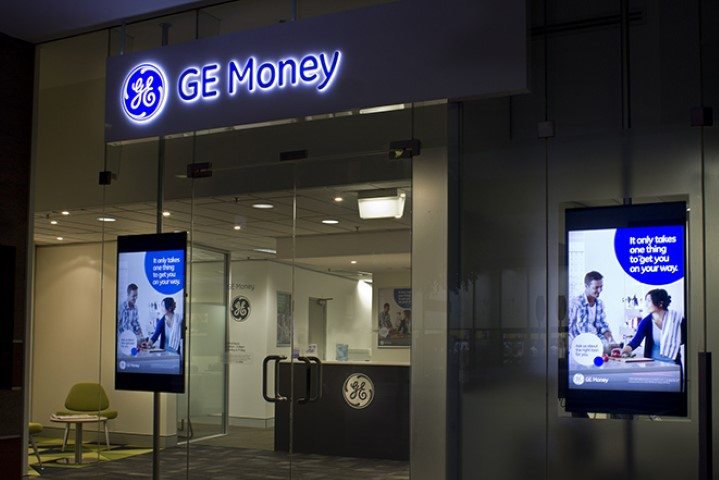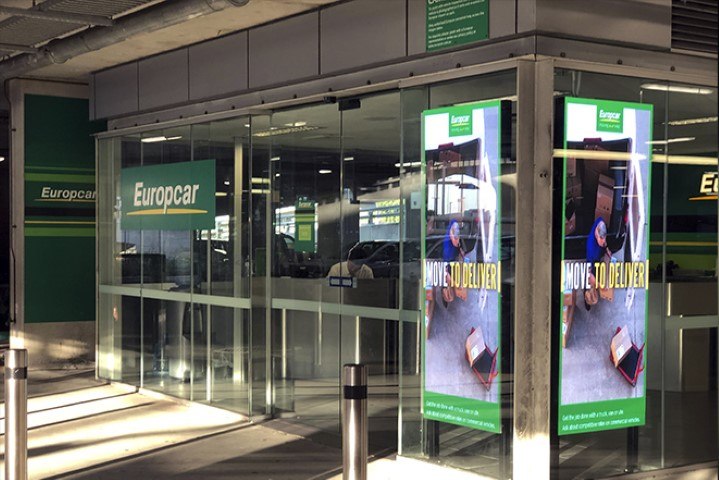Thankfully, there are ways to reduce the cost of maintaining all this signage so that your branding always reflects the professionalism of your business. Here are some tips:
1. Be proactive in the planning stage
The maintenance manager should be included in the planning process when it comes to building a signage program. Decisions are often made at the design and planning stages, without considering how it will impact the maintenance team, or whether there’s an upkeep cost over each sign’s lifetime.
Speaking of which, well-maintained signage can last up to 15 years before replacement might be necessary. On the other hand, a poorly designed sign can end up costing up to five times more than a sign that was designed well in the first place.
This comes down to spiralling maintenance costs. A good signage program will take the costs of procurement and ongoing repairs/maintenance into account against the potential revenue that good signage can bring in.
- Use high quality materials that can withstand extreme weather conditions
- Employ a reputable and reliable construction team
- Consider whether signage is easily accessible for maintenance
2. Accept that signage isn’t a matter of “install it and leave”
Unfortunately, many brands make the mistake of thinking that once they’ve implemented their network of branded assets across the country or around the world, it’s done and dusted. Without a maintenance budget, you’ll end up spending much more in the long run and risk jeopardising your brand’s reputation with poorly upkept signage.
With the right planning and an adequate budget, signage maintenance becomes a proactive process rather than reactive.
3. Keep a record of all your signage
Your company should have a database for managing the state and condition of all your branded assets, including detailed information such as:
- location
- photos
- components and materials
- installation date
- maintenance history
- dimensions of the sign
- original supplier information
4. Know when to clean, when to repair and when to replace entirely
By having a clear understanding of which signs need which of these three responses, you can drastically cut down on costs by avoiding half-measures or “overdoing” it. This is when the database mentioned in the previous point becomes very useful in knowing whether a sign is worth replacing or simply needs some basic maintenance.
5. Establish a reliable team
For sign maintenance to function efficiently on a large scale, you need dedicated asset and facility managers who are meticulous about reporting signage that’s in poor condition, keeping track of what signage is overdue for a clean, overseeing rebranding processes and so on. Needless to say, this is a big job, which is why many organisations bring a third-party signage management team on-board to do this for them.
For example, SignManager helps large corporations improve the way their branded assets are managed on a nationwide or even global scale. We’re an experienced team of signage consultants that provide comprehensive solutions to all your signage network management needs. We work with brands like Domino’s, Australia Post, Adidas and Volkswagen to achieve brand consistency and efficient fitout solutions.
To speak with a professional member of our team, please get in touch.






